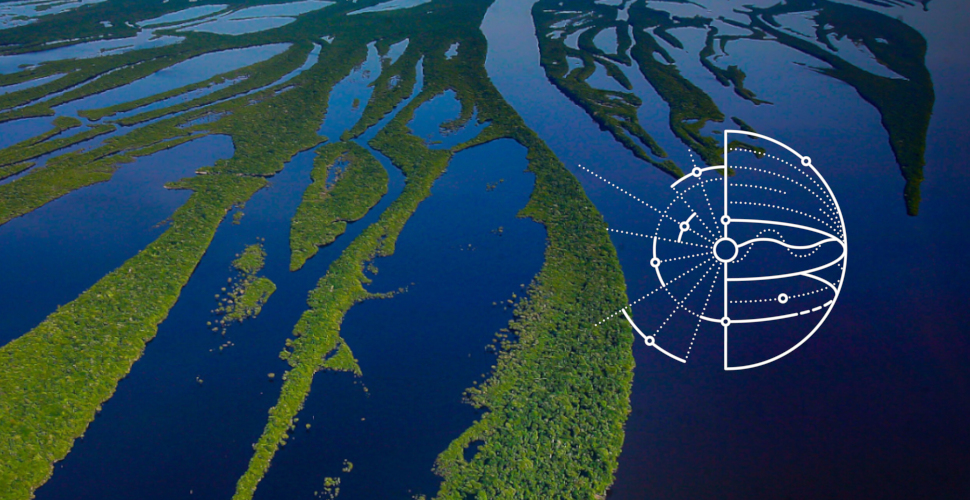From natural science to social science, from risks to solutions, from identifying Planetary Boundaries to managing Global Commons: The Potsdam Institute for Climate Impact Research (PIK) is advancing the frontier of integrated research for global sustainability, and for a safe and just climate future. A member of the Leibniz Association, the institute is based in Potsdam, Brandenburg and connected with the global scientific community. Drawing on excellent research, PIK provides relevant scientific advice for policy decision-making. The institute’s international staff of about 480 is led by a committed interdisciplinary team of Directors. This is science – for a safe tomorrow.
News
Press Release
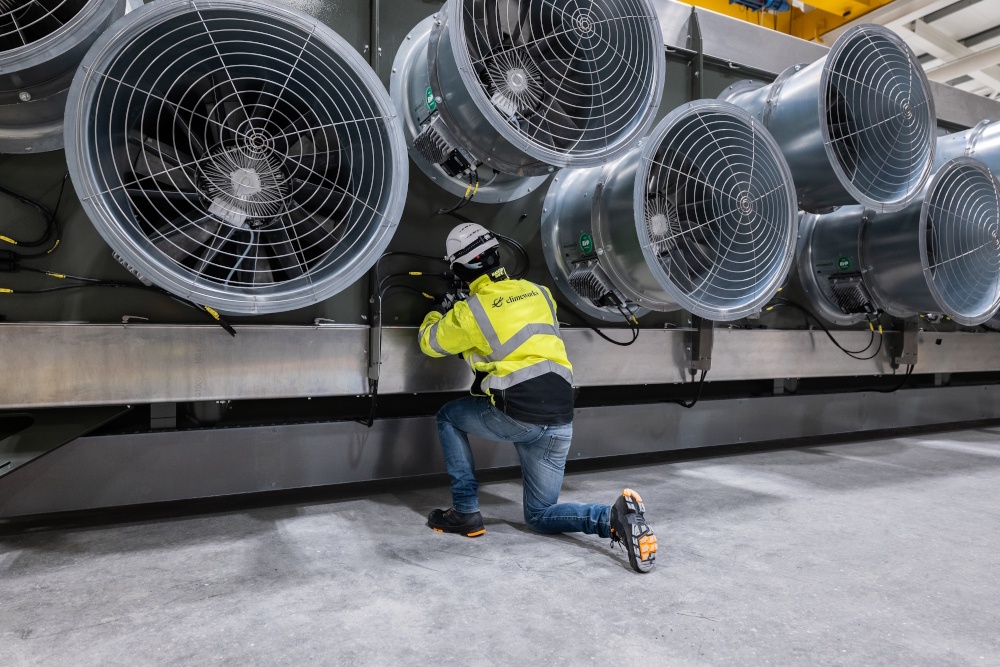
How “clean-up certificates” lead to better climate protection
Read more
Press Release
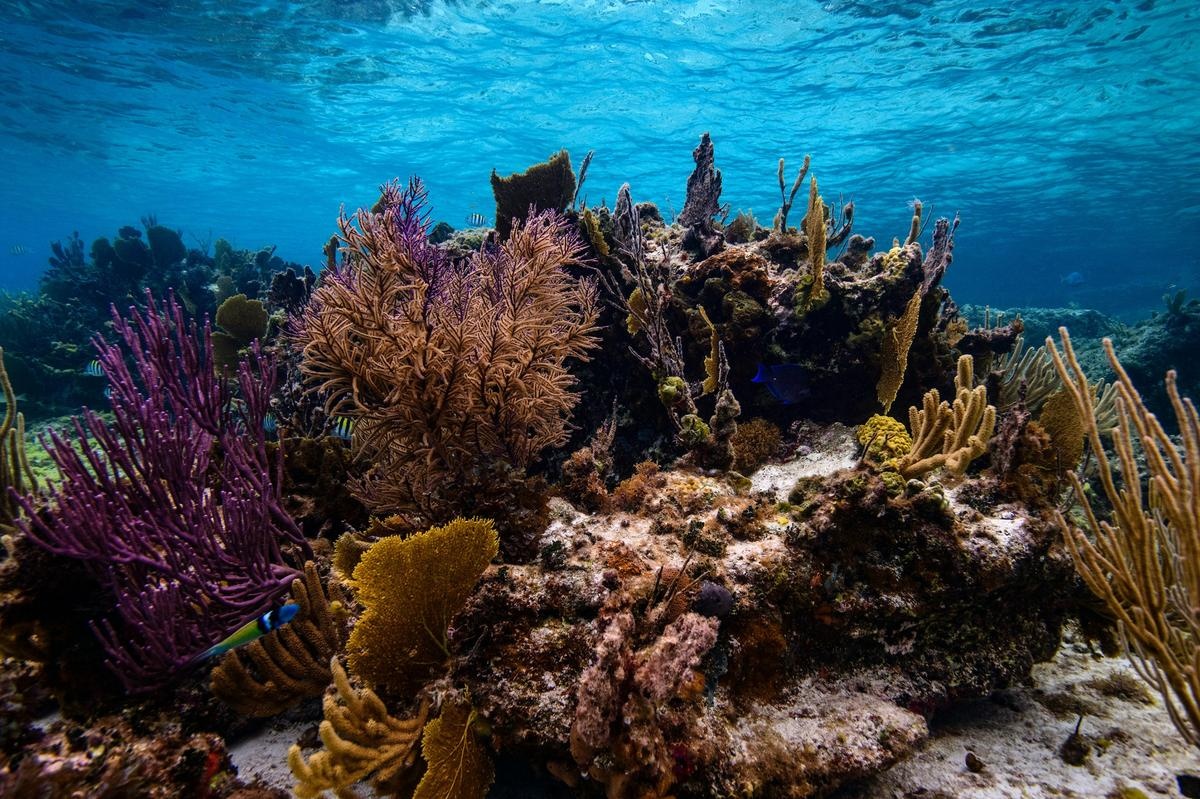
Global warming must peak below 2°C to limit tipping point risks
Read more
News

Johan Rockström awarded Coppock Research Medal by Royal Scottish Geographical Society
Read more
News
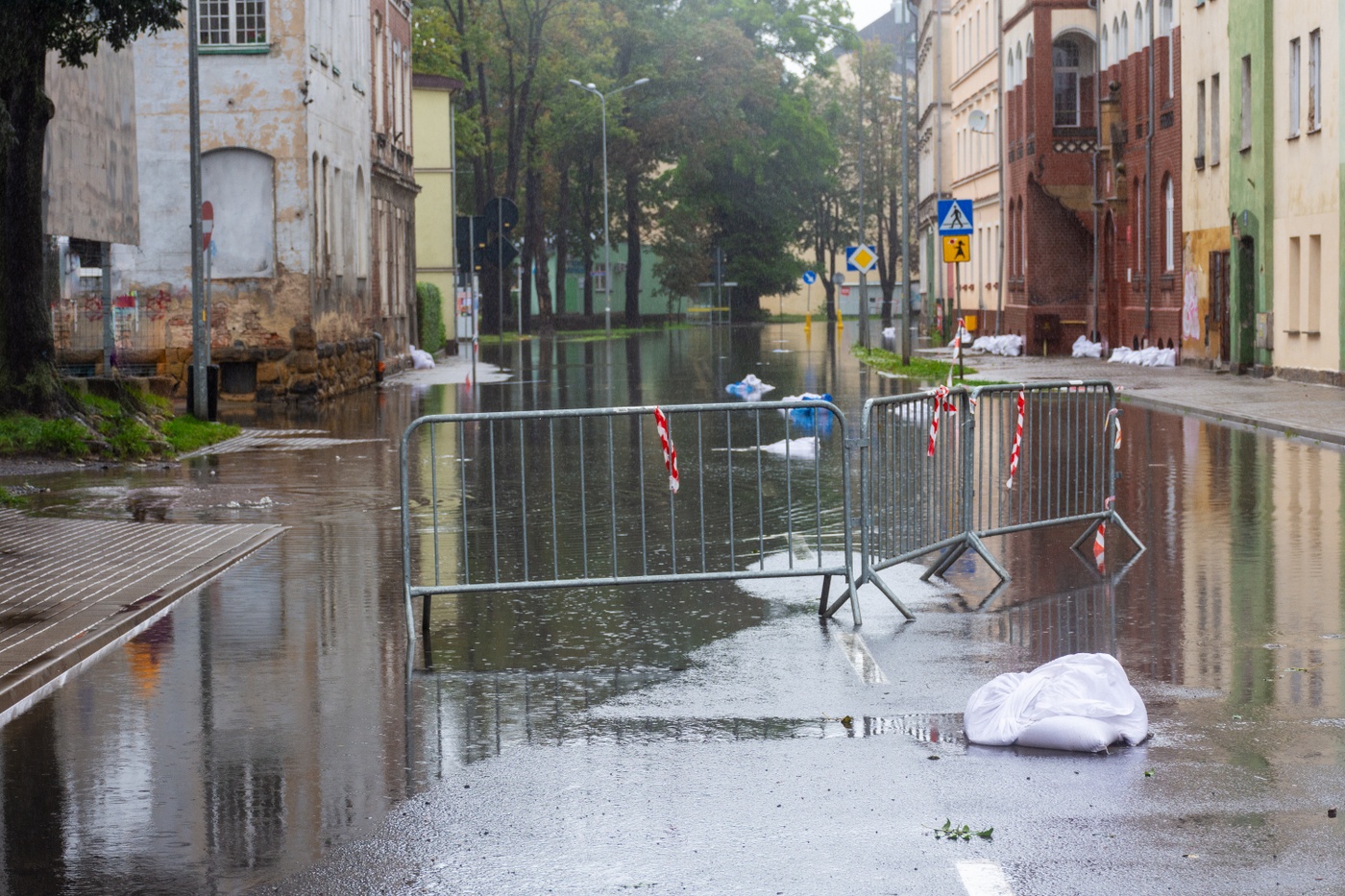
EU climate science advisory board calls for strengthened adaptation policy in new report
Read more
Press Release
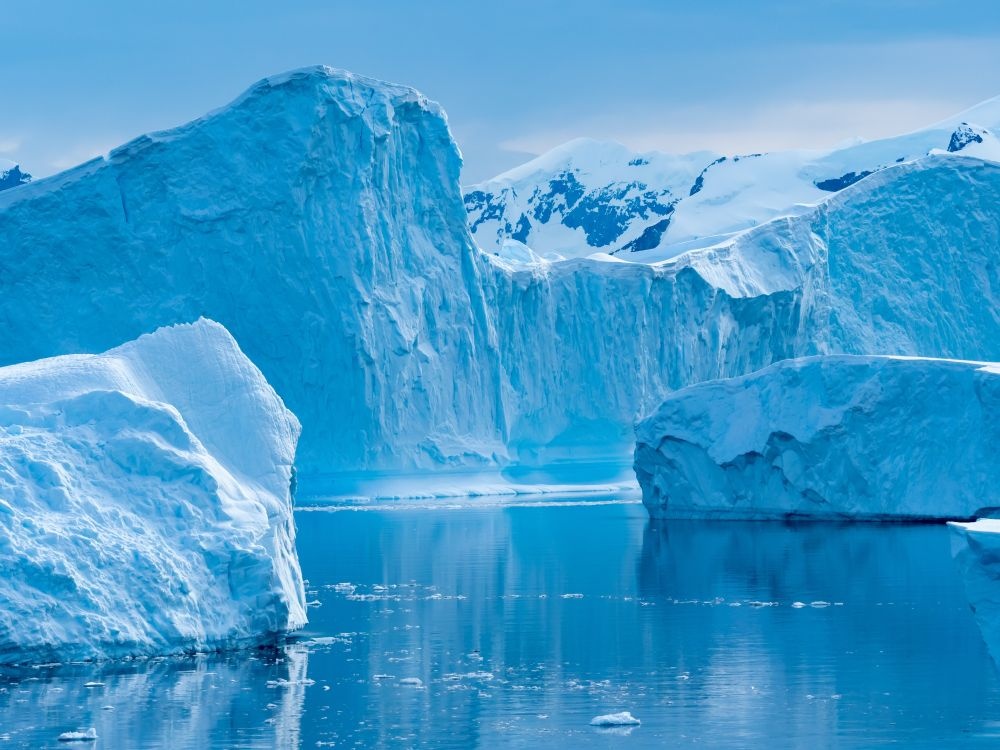
New study identifies sequence of critical thresholds for Antarctic ice basins
Read more
Press Release
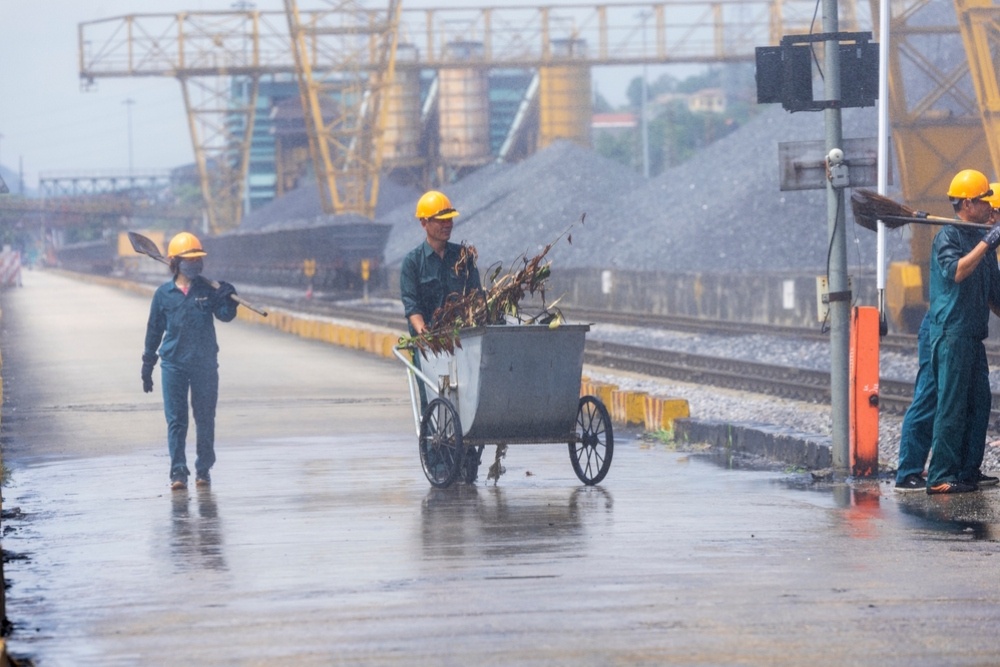
Science made simple: book dispels five misconceptions about carbon pricing
Read more
Press Release
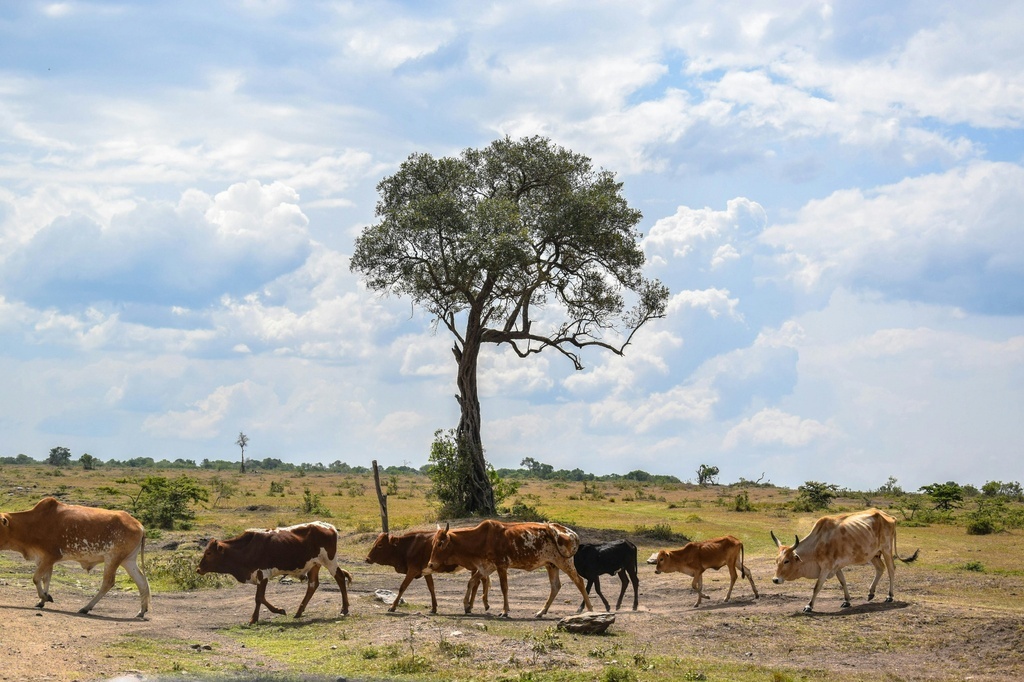
Climate change could halve areas suitable for cattle, sheep and goat farming by 2100
Read more
Press Release
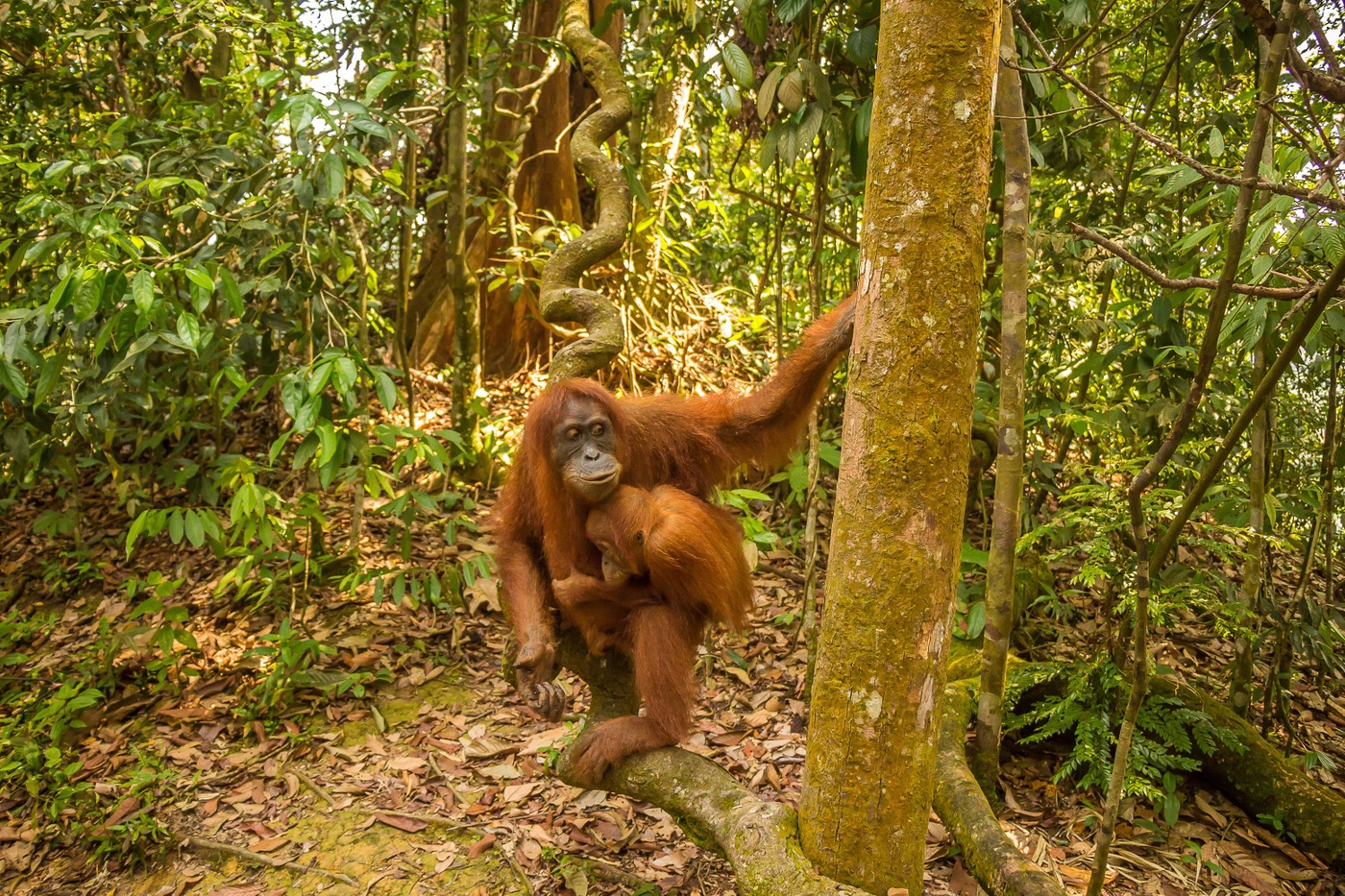
Land-intensive carbon removal requires better siting to protect biodiversity
Read more
Press Release
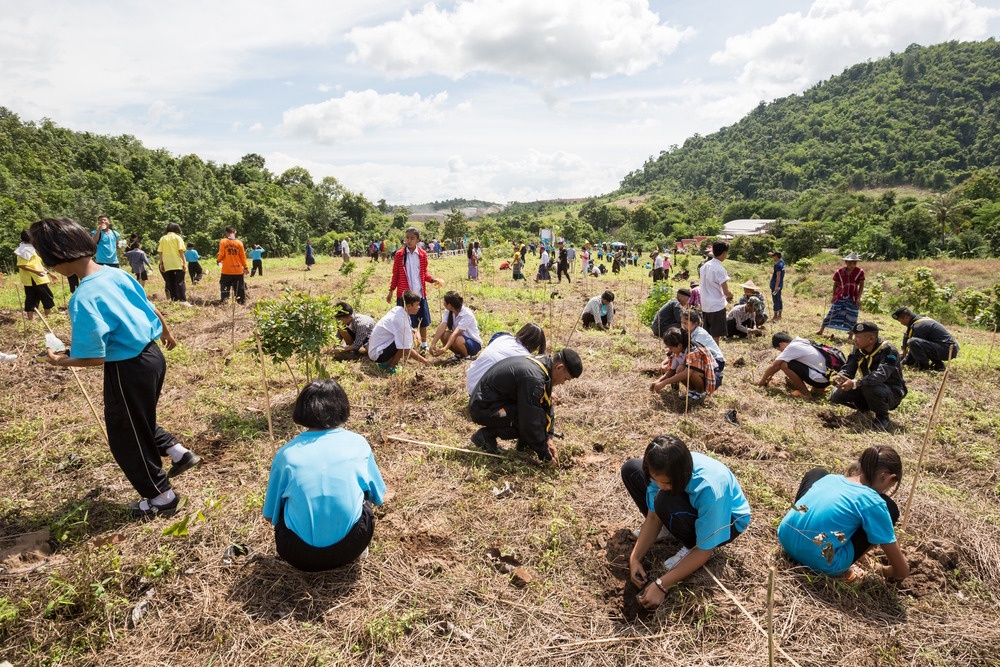
How markets should be designed for non-permanent carbon removals
Read more
Numbers
Publications
PIK in the Media
Feb 25, 2026
· WirtschaftsWoche Online (Online-Medien)
Deutschlandticket 2026: Preis, Erhöhung, Kündigung & Co.
Go to Article
Feb 24, 2026
· FOCUS Online (Online-Medien)
Deutscher "CO2-Pfand-Trick" soll Klimabilanz sofort halbieren
Go to Article
Feb 17, 2026
· Romania libera (Online-Medien)
UE nepregătită pentru schimbările climatice
Go to Article
Feb 17, 2026
· taz.de (Online-Medien)
EU-Expert*innen fordern Anpassung an 3 Grad Erderhitzung
Go to Article
Feb 17, 2026
· Deutschlandfunk (Online-Medien)
Emissionshandel und Klimapolitik - Interview mit Ottmar Edenhofer, Potsdam-Institut für...
Go to Article
Feb 17, 2026
· Zeit Online (Online-Medien)
EU ist laut Experten schlecht auf Klimawandel vorbereitet
Go to Article
Projects (Selection)

